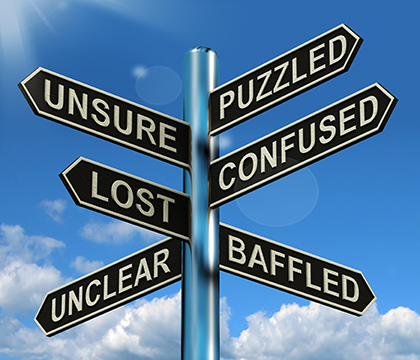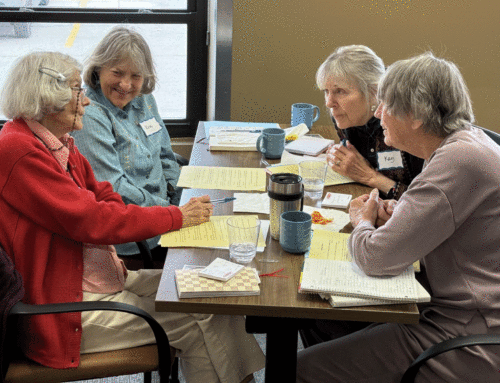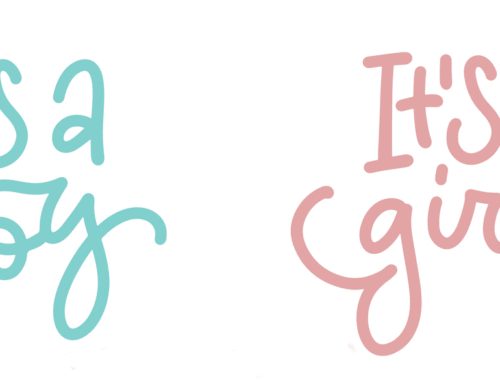It will come as no surprise to anyone that every argument I’ve ever been in, especially with family members, was because I was right, and they were wrong. They just hadn’t realized it yet.
I will also admit that the unofficial McDougal family motto is Always Certain, Seldom Right. Coincidence?
Though I (mostly) jest, arguments happen far too often and lately, have become even more damaging to relationships.
As part of a summer intensive class on how to create the opportunity to host and facilitate hard discussions, I’m reading Difficult Conversations: How to Discuss What Matters Most by Douglas Stone, Bruce Patton, and Sheila Heen. No one seeks out a difficult conversation. They’re never fun, but they’re often forced upon you. How do you do them right?
According to the authors, it turns out that nearly every argument is the product of three separate conversations:
- The “What Happened” Conversation
- The Feelings Conversation
- The Identity Conversation
“What Happened” is when you stop deciding who’s right and instead, investigate each other’s stories about their perception of what happened.
You also separate someone’s intent from the impact it had on you. We assume others’ intentions and we’re usually wrong.
You also stop blaming and start looking at contributions. That means instead of judging and looking backward at what happened (blaming), you look forward and work toward understanding (contribution). It’s never 100% one person’s fault, no matter how much we may wish otherwise. Figure out how the wheels started to fall off the bus and why, then look ahead so it won’t happen again.
“Feelings” is when you dig deeper and figure out why the difficult conversation went badly. Or why you’re dreading having it. You can’t presume to know another’s feelings so don’t try. But you do need to acknowledge your feelings and why they’re causing you to act this way. As much as we’d all like to get rid of the feelings, trust me, you ignore or bottle them up at your own risk. They cannot be left alone unattended. Figure them out before they erupt.
“Identity” is the core of who we are. Our identity is the story we tell ourselves about ourselves. When our identity is threatened, we don’t react with calm and hugs. We go to the lizard brain of self-loathing, self-doubt, and insecurity. What if we’re incompetent, unlovable, and a bad person overall? No one wants to feel like that. Ew. Figuring out our identity issues and realizing we’re not all good or all bad, allows us to keep moving forward. By acknowledging that we all make mistakes, we have complex intentions, and we’re part of the problem, allows us to work toward a solution.
And that’s just the first half of the book! Isn’t it eye-opening? You too can transform your difficult conversations into learning conversations by understanding someone else’s point of view. Focus on listening for understanding, not to make your point.
Apparently, it’s not about being right, it’s about the relationship. But man, do I ever like being right.







It is about time you realize that you’re wrong and that your brother is in the right more times than not. In closing, I love you!!!